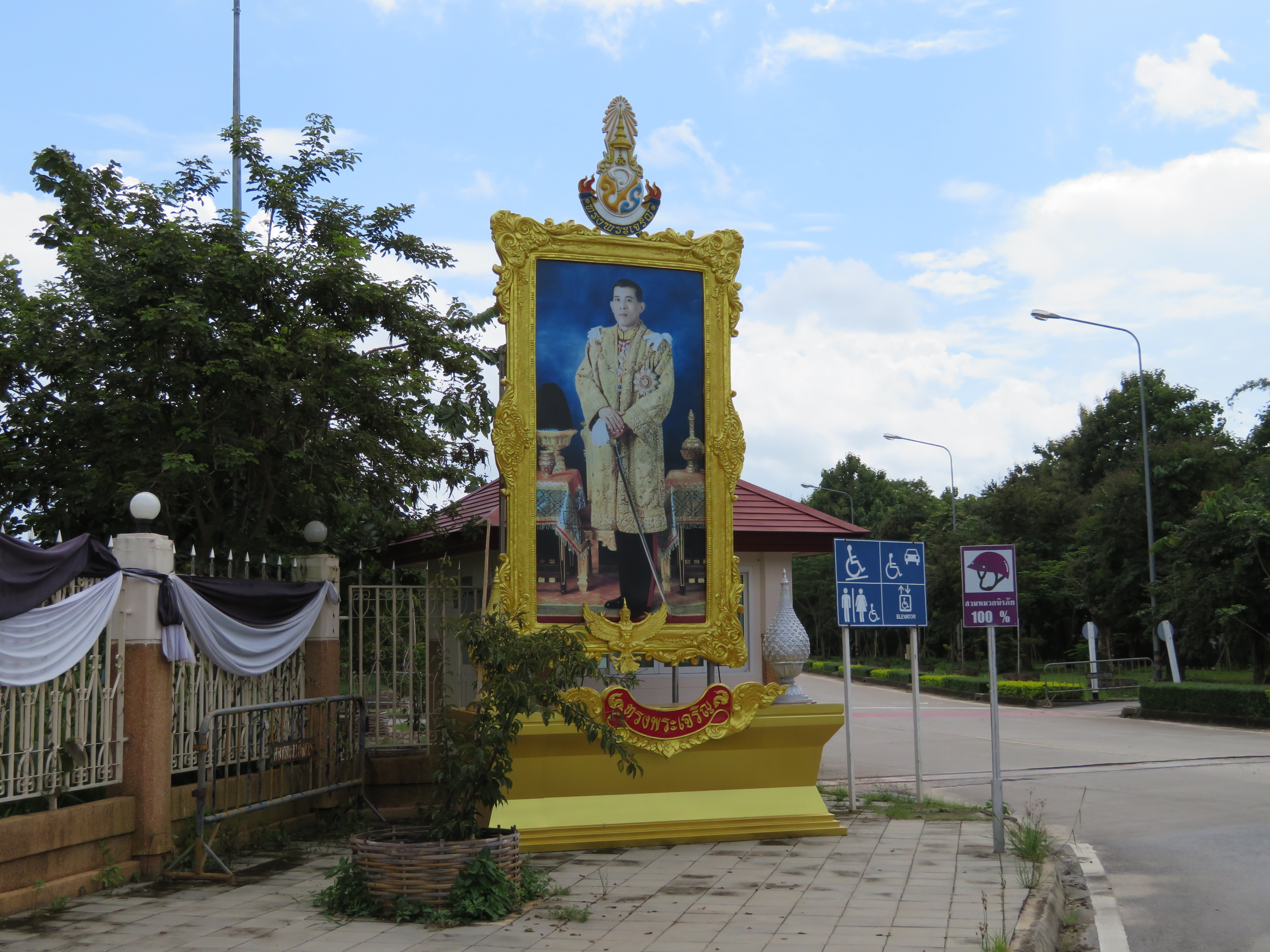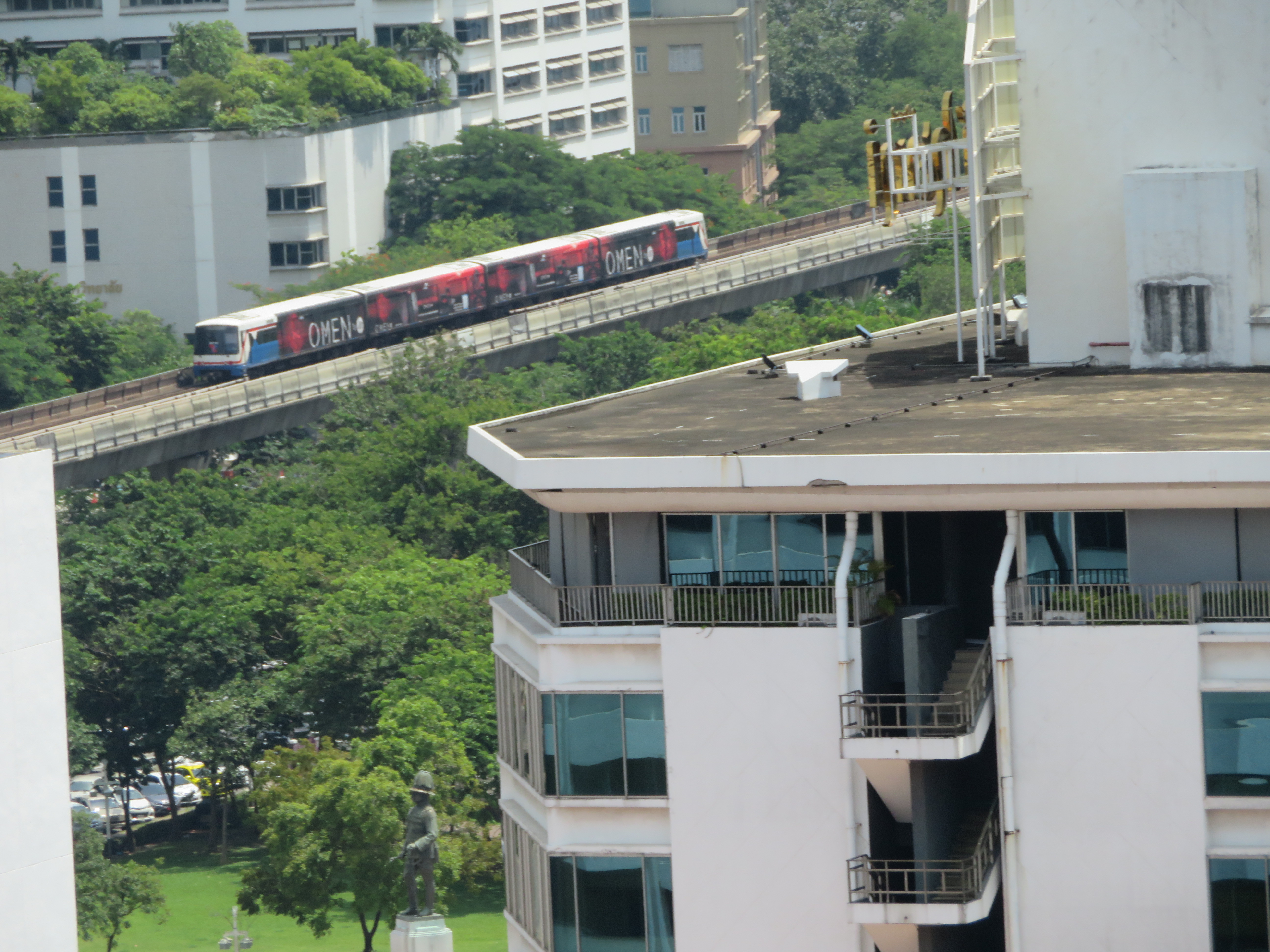
A few weeks ago, Mahawon Kawang, the operator of a small radio station in the ancient Thai city of Chiang Mai, got a phone call from the National Council for Peace and Order, also known as Thailand's military government, inviting him to the local army base for a "conversation." Mahawon went. To ignore an invitation from the NCPO is a criminal offense, usually punished by six months in jail. There were seven military officers present at the meeting, he told me, plus a representative of Thailand's broadcasting authority. They were friendly and polite; there was no roughing him up or any threat to do so, but the message was nonetheless forceful and clear. Mahawon had commented on the air about a delicate topic in Thailand, an investigation of a large Buddhist sect on suspicion of money laundering, and they wanted him to stop.
"They told me that this would cause social trouble," he said to me through a translator, "and if I do that again, my radio station will be closed down." Such is life in Thailand more than three years after the NCPO took power in the coup d'état of May 2014, replacing a democratically elected government whose base of support was an enormous populist movement generally known as the Red Shirts.
I first met Mahawon about three months after the military seized power. His was one of many Red Shirt stations whose existence reflected the strength and excitement generated by what had quickly become the most powerful grassroots movement in Thai history, formed by Thaksin Shinawatra, a charismatic but also worryingly autocratic billionaire. Thaksin, who was prime minister from 2001 until he was overthrown in a coup in 2006 and has since lived in exile, dominated Thai politics until the coup of 2014, mobilizing a new electoral majority made up mostly of the rural poor in the north and northeast of the country whose fervor for him reflected their belief that before him they had been neglected, and after him they had power.
And so when the 2014 coup took place, it was people like Mahawon—locally influential, articulate, and resourceful—who attracted the attention of the new military authorities. When I first met him, he'd been released from a week of involuntary residence at the local army cantonment, where he'd signed a vow of nonresistance to avoid the confiscation of his bank account. While he didn't welcome the coup, he conceded that the generals had put an end to the bitter political turmoil that had engulfed Thailand for months at a time.
He also predicted, as did many others, that the Red Shirts represented a powerful new force in Thailand that wouldn't go quietly away. In 2010, tens of thousands of Red Shirt protesters…
To read the full story in The New York Review of Books (pay wall protected), click here.

Education Resource
Meet the Journalist: Richard Bernstein
China's growing power and influence are being felt around the world, including in Southeast Asia...







